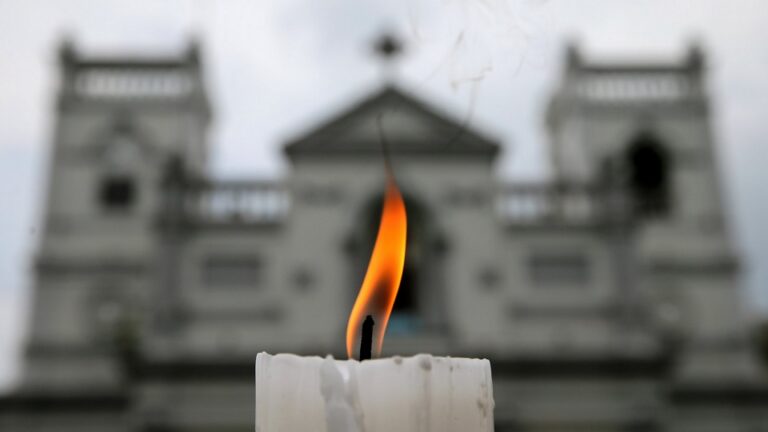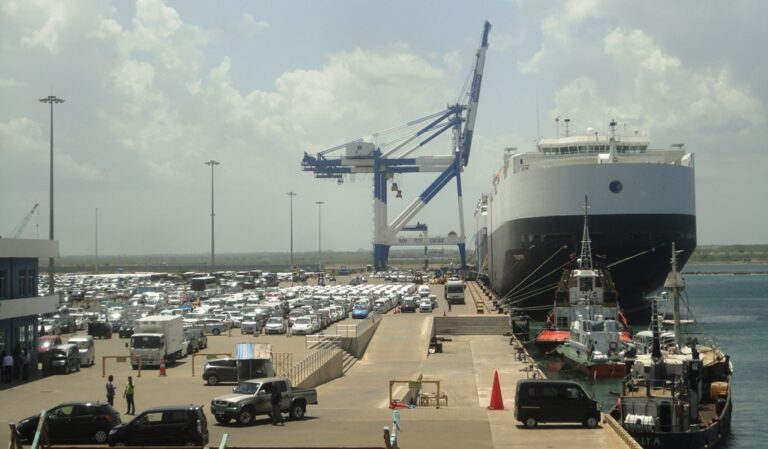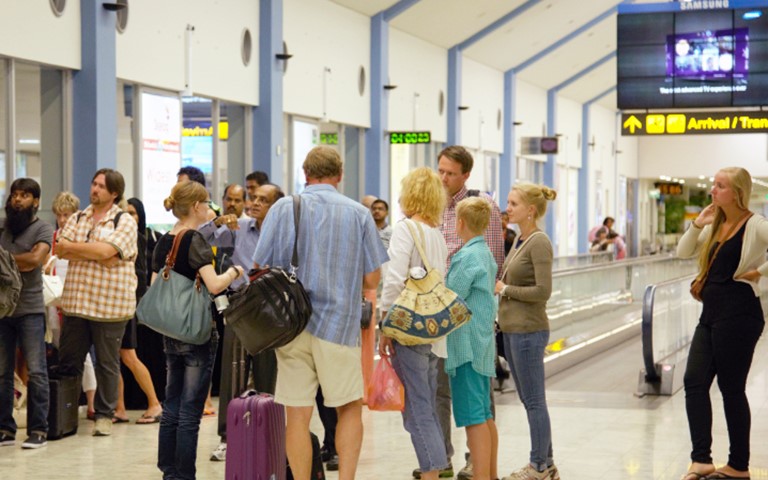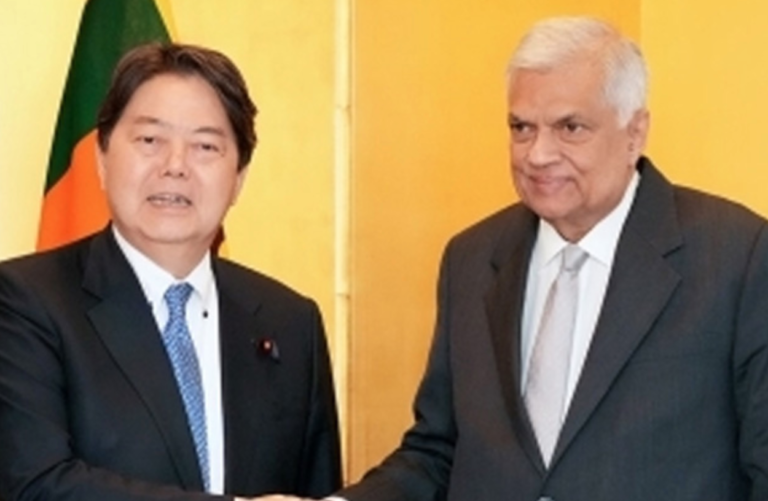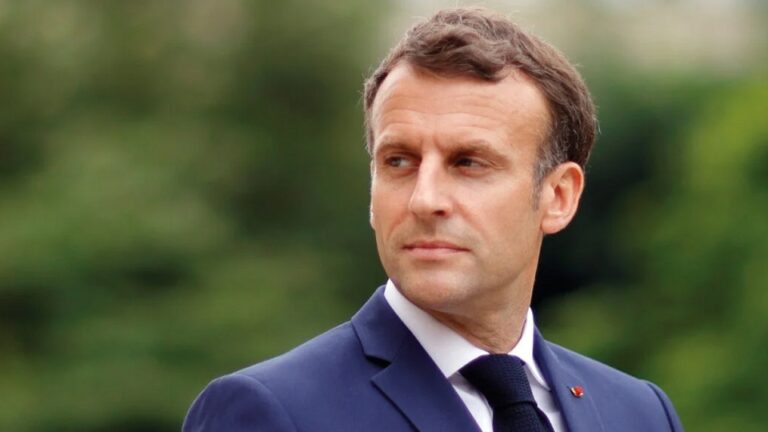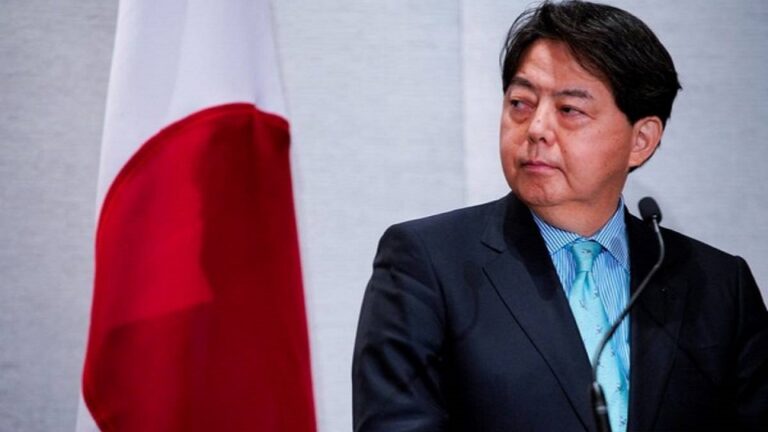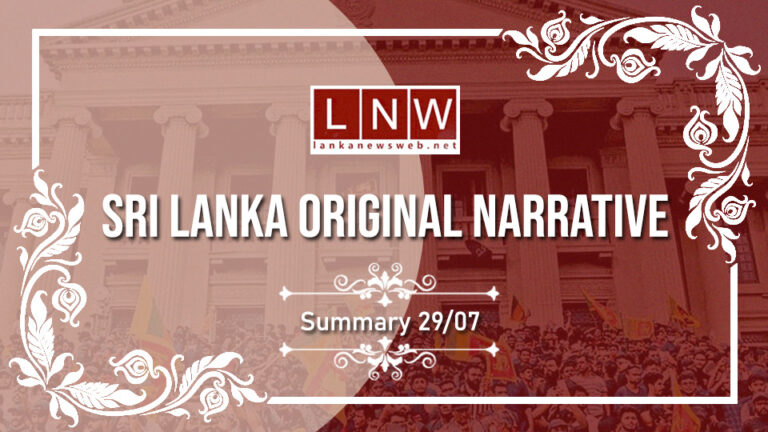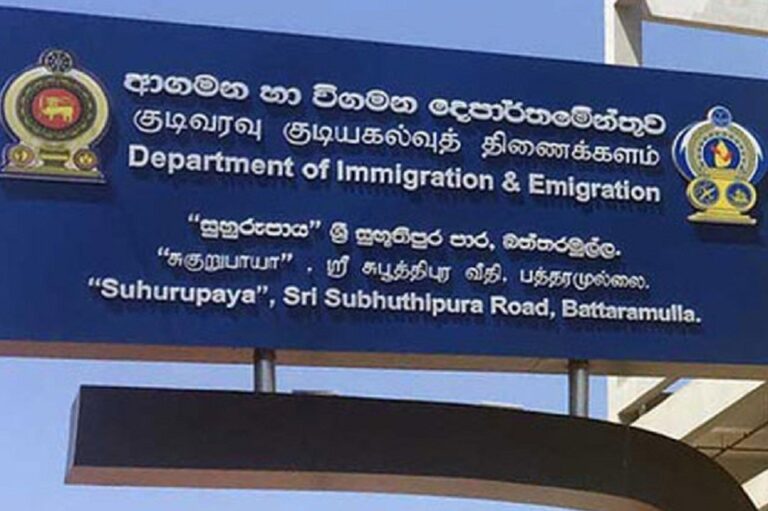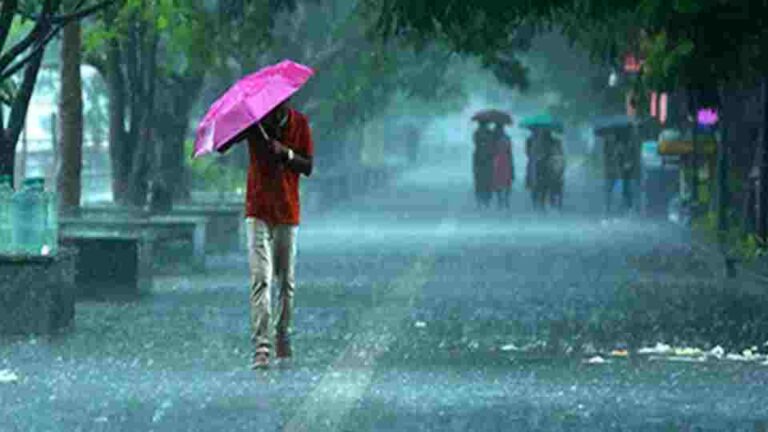In an unprecedented move, French President Emmanuel Macron embarked on a brief yet momentous visit to Sri Lanka on Friday night, July 28. This marked the first time a French President set foot on the island nation, following his tour of the South Pacific Region.
During his stopover in Sri Lanka, President Macron engaged in friendly and productive bilateral discussions with President Ranil Wickremesinghe. The talks lasted for an hour and fifteen minutes and were aimed at elevating the existing relations between the two countries, especially in light of the 75th anniversary of their diplomatic ties being celebrated this year, as stated by the President’s Media Division (PMD).
President Wickremesinghe expressed his admiration for France’s significant role in global affairs, particularly in areas such as climate mitigation, global debt restructuring, and matters concerning the Indo-Pacific region. On the other hand, President Macron recalled his recent conversations with his Sri Lankan counterpart in Paris during the Summit for a New Global Financing Pact. He reaffirmed France’s willingness and commitment to supporting Sri Lanka in its economic recovery.
As the fourth-largest creditor to Sri Lanka, France pledged its assistance in the debt restructuring process, aiming to contribute positively to the country’s economic situation.
Following the discussions, President Macron took to Twitter to express the shared vision between Sri Lanka and France for an open, inclusive, and prosperous Indo-Pacific. He emphasized the strength of their 75 years of diplomatic relations and declared the beginning of a new era in their partnership.
The talks between the two leaders focused on strengthening cooperation in various sectors, including politics, economics, tourism, climate change, sustainable development, and maritime activities. To commemorate the 75th anniversary of diplomatic relations, specific areas for further collaboration were identified.
These areas of cooperation encompassed the establishment of a school for maritime safety and security, the opening of a permanent office for the French Agency for Development (AFD) in Sri Lanka, the initiation of high-level diplomatic dialogues, cooperation in the education sector, and intensified efforts to combat human trafficking in the maritime safety and security sector.
The leaders also exchanged views on regional and multilateral issues in the current global context. President Macron expressed keen interest in collaborating with Sri Lanka during its upcoming chairmanship of the Indian Ocean Rim Association (IORA), of which France is a member. In response, President Wickremesinghe showed interest in the Indian Ocean Commission, where France actively participates.
President Wickremesinghe lauded President Macron’s timely initiative in organizing the event held in Paris from June 22-23, 2023, which he attended. He also confirmed Sri Lanka’s commitment to join the Paris Agenda for the People and the Planet, demonstrating the country’s dedication to global efforts for a sustainable future.
Accompanying President Emmanuel Macron for the bilateral discussions were esteemed members of the French delegation, including Mrs. Catherine Colonna, the French Minister for Europe and Foreign Affairs; Mr. Jean-Francoise Pactet, Ambassador of France in Sri Lanka and Maldives; Mr. Fabien Mandon, Mr. Walid Fouque, and Mr. Josue Serres, Advisors to the French President; Mr. Benoit Guidee, Head of Asia Department of the French Ministry of Foreign Affairs; Mr. Jonas Bayard, the Press Counsellor of the President of France; Philippe Vigier, State Minister for overseas territories; and Florian Cardinaux, Advisor of the French Minister of Foreign Affairs.
The Sri Lankan delegation accompanying President Ranil Wickremesinghe comprised Mr. Ali Sabri, Minister of Foreign Affairs; Mr. Sagala Ratnayaka, the Senior Advisor to the President on National Security and Chief of Staff; Mr. Saman Ekanayake, Secretary to the President; Ms. Aruni Wijewardane, Foreign Secretary; Dr. Nandalal Weerasinghe, Central Bank Governor; Dr. R.H.S. Samaratunge, Economic Advisor to the President; Ms. Shobini Gunasekera and Mr. Randula Abeyweera, Director-General/Europe & North America at the Ministry of Foreign Affairs of Sri Lanka, and Mr. Director Youth and Sustainable Development to the President.

